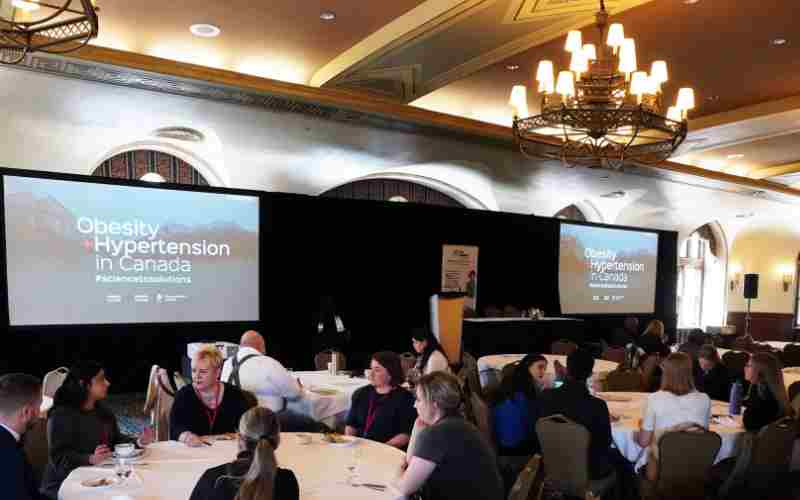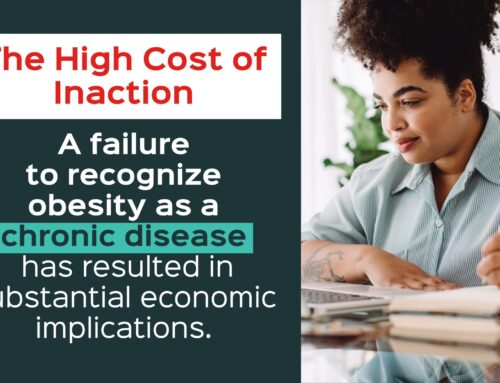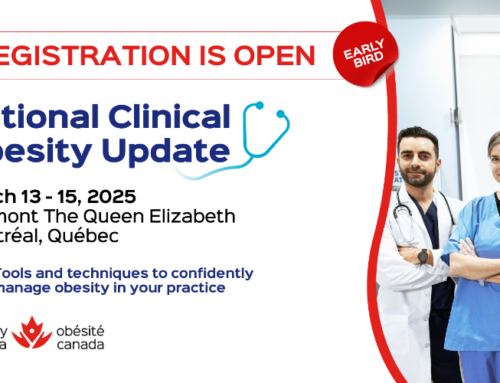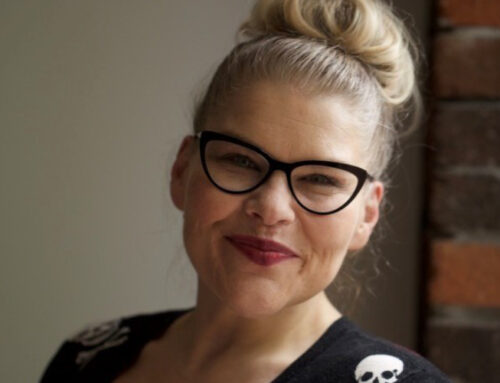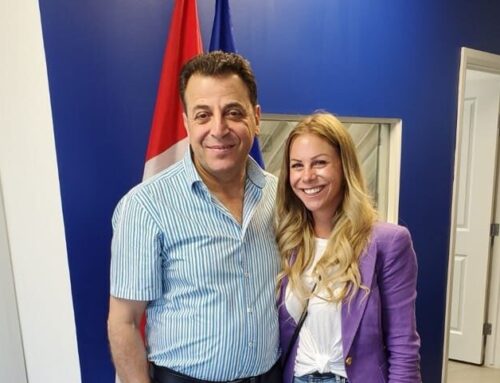This blog was written by PhD Candidate and recipient of one of the New Investigator Research Training Travel Awards to attend the Obesity & Hypertension In Canada: Science To Solutions Conference, Dana Lowry.
Attending Obesity Canada as a trainee was the breath of fresh, patient-centered research ‘air’ that I needed. I love basic science – and that’s what I do. But being knee-deep in the cellular responses of prebiotic fiber during the critical developmental window of metabolism, really distances me from the actual humans that I seek to help and understand. Wondering if I should seek out more time with humans in future research, I luckily received an award to attend the largely clinically based Obesity Canada conference. Within the first 30 minutes of the Trainee Symposium we heard from a patient advocate named Al. Halfway through Al’s brave and vulnerable account of his story living with obesity, I had my answer (Yes). Al’s account struck a chord with me because of my family members that struggle with obesity and the parallels between their stories. As a researcher, I am intrigued by the physiological mechanisms of weight regulation, but as a person – a daughter, cousin, niece – I feel a renewed sense of responsibility to understand the person’s journey and experience. To remember, as Al said: “Real people are at the end of the research that you do”.
Later that day, I attended the panel on patient engagement in research, which included a patient advocate named Candace. I learned the importance of asking meaningful research questions: questions whose answers will make a meaningful difference to the lives of the patients, rather than simply answering a scientific question. As Candace reminded the room, “patients have a PhD in lived experiences” and if we can create the psychological safety for them to share their stories, we can make the appropriate changes that can help to improve their lives. During another discussion, Candace shared her experience as a pregnant mother living with obesity alongside Dr. Kristi Adamo and weight bias/internalization researcher Dr. Taniya Nagpal. This talk was a highlight of the conference for me, because I was able to recognize and more clearly understand the struggles experienced by my own mother and friends, and the degree of detriment that weight stigma during the prenatal and postpartum periods does to the mother’s quality of life.
The synergy of stories shared at the Obesity Canada conference, by researchers and patient advocates, reminded me to recenter compassion and recognize the internal biases that we all inevitably still hold about different sized bodies in our lives.


